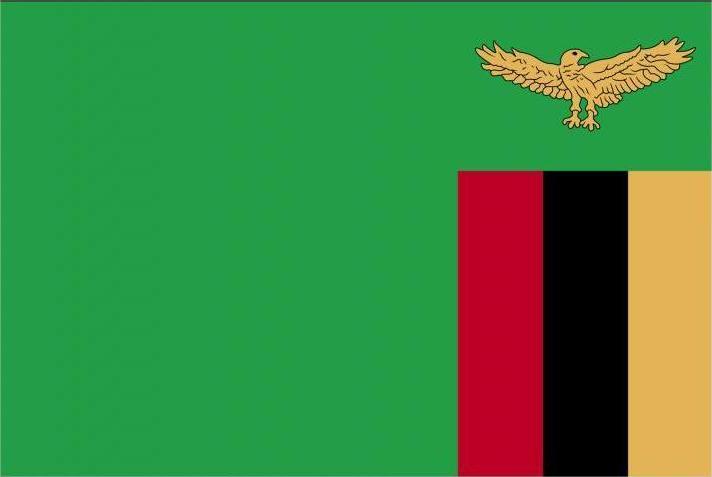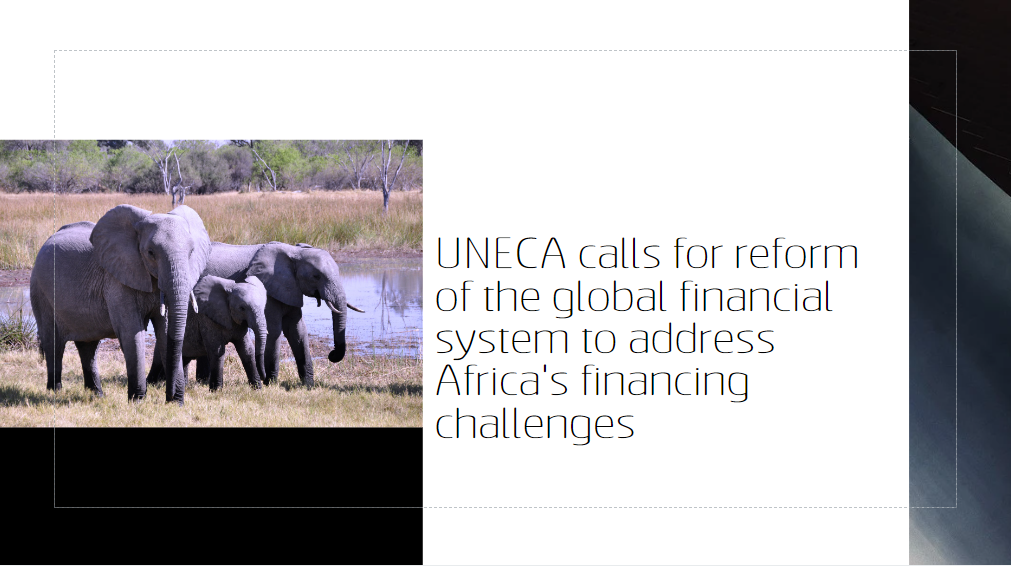Zambia's De-Dollarization Dilemma: Weighing the Costs and Benefits
In general terms, the concept of de-dollarization refers to the process of reducing reliance on the US dollar – the world’s reserve currency. In Zambia’s context, this means discouraging the use of dollars in domestic transactions and promoting the use of the kwacha. The process is complex, and its implementation can have both positive and negative effects on the economy. The Bank of Zambia’s proposed policy aims to promote the use of the kwacha as the sole legal tender within the country. They are on firm ground legally. While de-dollarization offers potential benefits, such as enhanced monetary policy control and reduced exchange rate risks, its implementation poses challenges. This article will delve into the advantages and disadvantages of de-dollarization, exploring successes and failures in other countries to provide valuable insight, and recommend Zambia’s path forward.
Why Bank of Zambia Wants to De-Dollarize
There is a widespread belief that the Bank of Zambia wants to de-dollarize the economy primarily due to the ineffectiveness of the monetary policy in curbing inflation, lowering interest rates, and stimulating economic growth. Despite measures such as increasing the Monetary Policy Rate (MPC) to 13.5% and raising commercial banks’ Statutory Reserve Ratio (SRR) to 26.5% from single digits, inflation has continued to rise and is now 15.4%. Dollarization is believed to be undermining the Bank’s monetary policy by making it difficult to achieve inflation targets, as dollar-denominated transactions are thought to reduce the impact of monetary measures on inflation. Furthermore, dollarization may be contributing to exchange rate volatility, making it difficult to stabilize the kwacha.
This instability has increased business and living costs and dampened private sector economic activity. Consequently, the Central Bank is seeking to de-dollarize the economy by enforcing the law on legal tender so that it regains control over monetary policy and thereby fosters economic growth. In light of the foregoing, it is surprising that the International Monetary Fund (IMF) is said to be against the Bank of Zambia’s initiative when it is meant to facilitate the implementation of their favorite tool – monetary policy – as well as enforce the rule of law.
“Forced de-dollarization measures are likely to prove ineffective and could even be counterproductive,” IMF Resident Representative Eric Lautier told Bloomberg in July 2024.
Benefits of De-Dollarization
One of the key benefits of Zambia’s de-dollarization is that it will strengthen the Bank of Zambia’s ability to regulate the economy through monetary policy, allowing for more effective management of inflation and interest rates. By reducing the excessive dominance of the US dollar in the economy, the Bank of Zambia can effectively implement monetary policies to control inflation, interest rates, and regulate the money supply more effectively. This will reduce the risk of excessive money creation or contraction, better supporting economic growth, stability, and development in Zambia.
Economic sovereignty and national pride is another key reason supporters of de-dollarization cite. The argument is that a nation’s currency symbolizes its identity and pride. The Zambian kwacha serves as a potent symbol of national identity. By diminishing the dominance of the US dollar as a parallel legal tender, Zambia aims to enhance its economic sovereignty, reduce vulnerability to external economic shocks, and bolster its self-determination in monetary policy and financial decision-making. Zambia wants to avoid the situation seen in neighboring Democratic Republic of Congo and Zimbabwe, where dollar dominance has rendered their national currencies nearly obsolete or non-existent. Zambia should assert its economic self-determination through a robust and reliable kwacha.
Another potential advantage of de-dollarization is that it is expected to stabilize the exchange rate. By decreasing the demand for dollars, it is expected that fluctuations in the exchange rate, which can harm businesses and consumers through uncertainty, will also diminish. Currently, due to Zambia’s substantially dollarized economy, combined with an unstable kwacha, this has given rise to the development of a thriving speculative foreign exchange market. Zambian commercial banks hold an estimated $3.2 billion in dollar deposits from households and businesses in their foreign exchange accounts, which is believed to be used for speculative trading, contributing to erratic and unexplained exchange rate swings. The Bank of Zambia seeks to minimize these speculative activities and establish a more stable exchange rate environment.
Potential Risks of De-Dollarization
The potential loss of business confidence is one of the risks of de-dollarization. Businesses and individuals may initially resist the change for various reasons, including the perception that the measure constitutes the re-introduction of exchange controls. The dollar is often seen as a safe haven asset. If investors perceive de-dollarization as a negative signal, they may move their assets out of the country, leading to capital flight. De-dollarization also removes the option for hedging against kwacha inflation risks.
De-dollarization also poses trade and investment risks. Restricting dollar use may hinder international trade, as some businesses rely on dollars for transactions. For businesses that rely on international trade, they may face difficulties in invoicing and settling transactions in kwacha. De-dollarization may also deter foreign investors who prefer to operate in dollarized economies.
Case Studies of De-Dollarization
As the Bank of Zambia contemplates de-dollarization by mandating transactions in kwacha, it’s essential to examine the experiences of other countries that have implemented similar policies. Various nations have attempted de-dollarization with varying degrees of success. The three notable success stories are Brazil, Israel, and Angola. Brazil achieved significant de-dollarization by implementing gradual policies, financial education, and exchange rate management to reduce dollarization significantly. Israel, on the other hand, transitioned from a highly dollarized economy to a predominantly shekel-based economy through financial reforms and economic stability.
Angola implemented its de-dollarization policy in 2018, which was aimed at reducing the country’s dependence on the US dollar and promoting the use of the local currency, the kwanza. The policy was relatively successful. It increased kwanza usage from 40% to 70% of total transactions, reduced the share of foreign currency deposits in banks from 90% to around 60%, helped stabilize the foreign exchange market, and reduced the pressure on the kwanza. Inflation rates became more stable, ranging from 15% to 20% between 2020 and 2022.
In contrast, Zimbabwe attempted to de-dollarize by trying to bring back a new local currency after several years of a dollar economy. Hyperinflation and economic mismanagement led to a failed attempt at de-dollarization, resulting in further economic decline. Other countries, such as Argentina and Venezuela, have also struggled with de-dollarization efforts. Argentina, in particular, has had repeated attempts to de-dollarize, resulting in economic instability and black markets. Studying these cases can provide valuable insights for Zambia's de-dollarization initiative.
Way Forward for Bank of Zambia
The question still remains: Should Zambia de-dollarize or not? The answer is that it should do both. Rushing the process can lead to unintended consequences, while delaying it can prolong the stranglehold on the Bank of Zambia’s monetary policy and expose the economy to dollar vulnerabilities and external shocks. A balanced strategy is necessary.
To navigate the complexities of de-dollarization and mitigate against the attendant risks, the Bank of Zambia should adopt a cautious, gradual, and phased approach to allow businesses and households time to adjust and for other supporting strategies to take effect. The Central Bank should sequence its implementation of de-dollarization. The first step in this sequence should be the development of a comprehensive marketing communications strategy. This should entail reminding the public that the kwacha is the legal tender in Zambia, and it is illegal for anybody to use any other currency to do business.
In addition, the public ought to be educated about the policy’s benefits, the risks of dollarization, and its implications. Importantly, the campaign should clearly communicate that these measures do not constitute exchange controls, addressing potential concerns, misconceptions, and propaganda by vested interests of the status quo.
In the event that the Bank of Zambia has never carried out a comprehensive study about de-dollarization and its implications, it is vital they do so now, while gradually implementing the less risky aspects of the policy.
Conclusion
In conclusion, de-dollarization presents both opportunities and challenges for Zambia. Given the complexity of this process, the Bank of Zambia must exercise extreme caution, carefully considering the unique circumstances of the Zambian economy. A gradual and informed approach is crucial, focusing on financial education, exchange rate stability, aggressive foreign reserve accumulation, and strengthening the domestic financial system. By drawing lessons from other countries’ experiences and prioritizing a data-driven understanding of Zambia’s specific conditions, the Bank of Zambia can maximize the chances of successful de-dollarization.
Ultimately, the outcome of de-dollarization is highly country-specific, and any recommendations, even from reputable institutions like the International Monetary Fund (IMF), may not accurately reflect Zambia’s circumstances and must be carefully evaluated against the backdrop of Zambia’s distinct economic landscape. There is a need for a tailored approach to de-dollarization. An independent study, grounded in local data and expertise, is essential to inform decision-making.





















































First, please LoginComment After ~